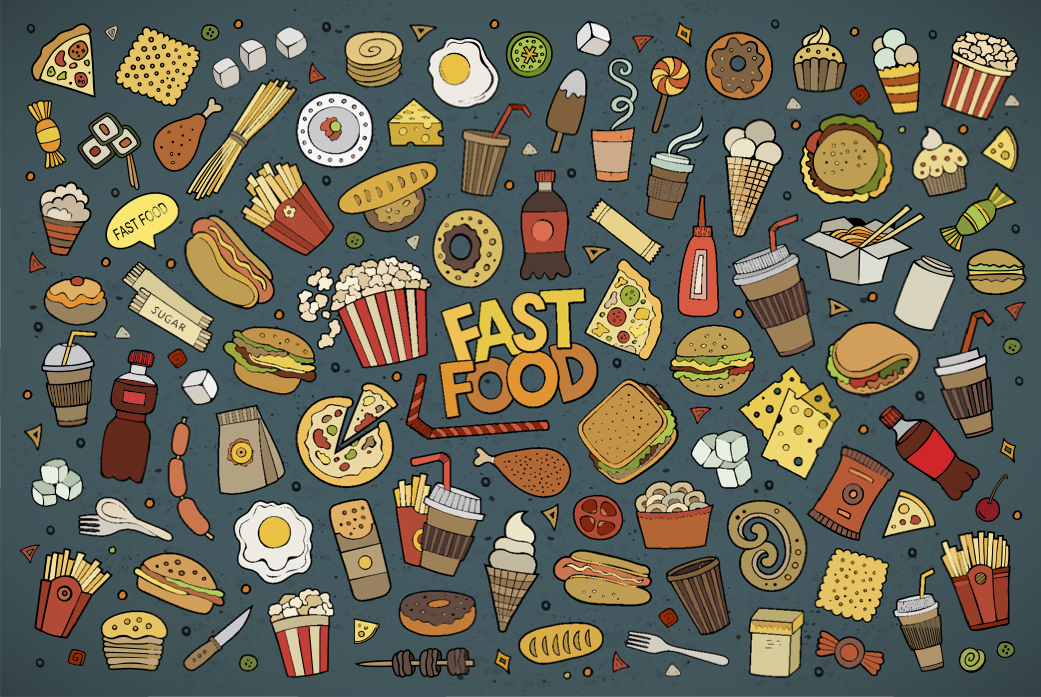Are You Becoming a Below-the-Radar Addict?

When you’re struggling to kick a drug or alcohol addiction, sugary sweets and comfort foods can seem like a harmless substitute. Sadly, using treats to help you get through a rough patch can lead to an entirely different problem that psychologists like to refer to as addiction transfer.
For most of us, addiction develops when we find that a substance produces feelings of euphoria. As we work toward kicking the habit, we begin to search for replacements that create the same rush. The New York Times describes how a 21-year-old heroin and cocaine addict gained 115 pounds after developing a sugar addiction in rehab. Similar stories caution that using food as an emotional balm can lead to diabetes, high blood pressure, and other weight-related health problems.
Not surprisingly, addiction transfer also occurs the other way around.
The Mechanisms Behind Addiction Transfer
The Journal of Clinical Outcomes Management outlines the results of a study on post-bariatric surgery substance disorders, stating there is a marked increase in drug use and problem drinking by the second post-surgery year. Two-thirds of these formerly obese patients have no history of drug or alcohol addiction, suggesting a strong human impulse to seek out a way to cope with everyday stressors or unresolved psychological problems.
Regardless of the particular circumstances, addiction transfer creates a “below-the-radar addict.” When you’re focused on overcoming one addiction, it’s easy to overlook the development of a new compulsion. Unfortunately, addiction is the ultimate shape-shifter.
Someone with a brain that’s hard-wired toward addictive behavior must remain vigilant about breaking the cycle. Often, the best way to do this is with medical detox followed by therapy to address the depression, anxiety, or other underlying mental health issues that are contributing to your addictive impulses.
Get Help for Addiction at Coast to Coast
Coast to Coast Recovery Centers offers both 30-day and long-term rehabs, as well as specialty facilities for teens, young adults, seniors, older adults, and those in search of a faith-based Christian experience. At Coast to Coast, we work with you every step of the way to build a foundation for recovery. For details, submit a confidential online request or dial 800.210.8229 now.


